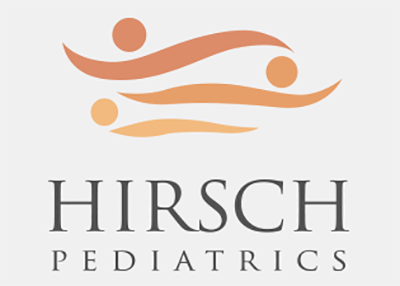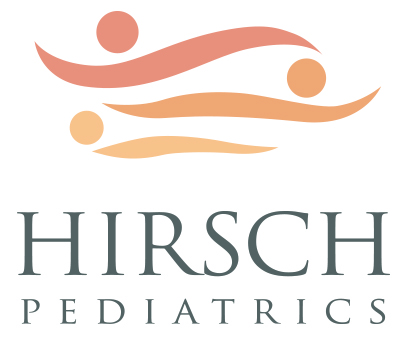Managing Allergies
Please Note: These guidelines are only for children who are fully vaccinated with no chronic medical illnesses.
These guidelines provide general guidance and should not be used as a substitute for the individual advice provided over the phone or at an appointment. If you have any significant or ongoing concerns, please call the office. Please contact Hirsch Pediatrics or go to the ER if your child is under 2 months old and has a fever (rectal temperature of 100.4 Fahrenheit or 38 Celsius).
These guidelines are written for patients of Hirsch Pediatrics and may not be copied or used without the written permission of Dr. Hirsch.
How do I know if my child has allergies?
- Allergy symptoms include recurrent runny nose/congestion/itchy nose (allergic rhinitis), itchy/watery/swollen eyes (allergic conjunctivitis), and cough.
- When left untreated for several weeks, symptoms can progress to a sinus infection with very thick mucous and even a fever. This is usually treated with an antibiotic.
- Though some allergies such as food allergies can be seen an infants, environmental allergies (i.e. animal, pollen, dust, etc) typically start around age 3 years.
- Allergy symptoms should worsen when exposure to the allergen.
- Allergy symptoms should improve with allergy medications.
What time of year are allergies worse?
- Most environmental allergens occur in the Spring and Fall in three waves.
- First wave is EARLY SPRING TREE allergens
- peek in April and better end of May
- can stop meds when school is out
- Second wave is LATE SPRING GRASS allergens
- peek in May – June
- can stop meds about July 4
- Third wave is FALL WEEDS/RAGWEEDS
- peek in August – September
- can stop with first frost
What medications can I give my child?
- Fortunately there are many safe and effective over the counter allergy medications for children.
- Runny/itchy nose symptom
-
- Take Claritin or Zyrtec with first sniffle.
- Dosage for age 2-5 years is 5 mg (5 ml or 1 tsp).
- Dosage for age 6 – 11 years is 5 – 10 mg.
- Dosage for age 12 and up is 10 mg.
- Usually best to take in morning though occasional side effect of sedation can be managed by taking in evening. Zyrtec is often more effective but can cause more sedation.
- Congestion symptom
- Take Flonase or Nasacort with persistent cough/congestion.
- Dosage for age 2-12 is 1 spray per nostril per day.
- No significant side effects and safe to take entire allergy season if needed.
- Watery or itchy eyes
- Take Zaditor 1 drop per eye up to twice per day (age 3 and up).
- Wheezing/asthma
- Dr. Hirsch will work with you to figure out the best medication regimen.
What else can I do besides medications to help my child?
- If the cause of the symptoms is Spring/Fall seasonal allergies,
- Thoroughly wash your child’s hands and face (particularly around the eyes) as soon as your child comes inside the house.
- Keep windows closed and run air conditioning. This will remove allergens from the indoor air.
- Frequent nasal saline nose rinses used 3-4 times per day can significantly improve the ability to clear out the congestion.
When should I see an allergy specialist?
- I recommend referral to an allergist if symptoms persist despite adequate medication management described above. The allergist can often do skin prick testing and blood testing to better understand the cause of the symptoms.
Looking for something else? Click here to view all of Dr. Hirsch’s medical advice topics.

